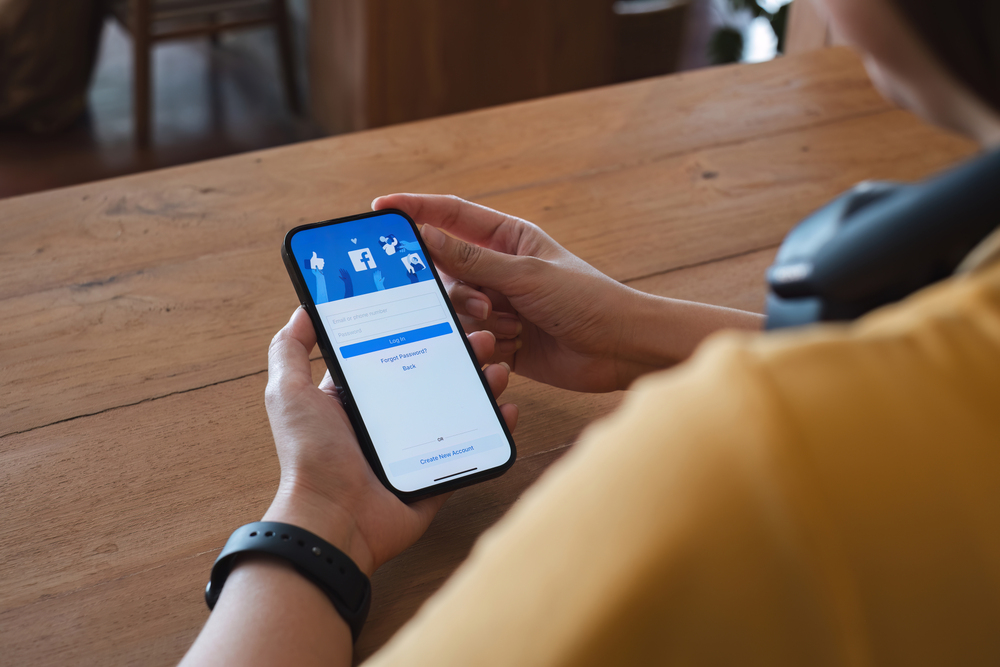From Social Network to Digital Ecosystem The Fascinating Evolution of Facebook
Ruby Singh
2025-09-09
6 min read

Remember when Facebook was just a place to connect with college friends? Today, it's so much more. Over the years, Facebook has transformed from a simple social networking site into a vast digital ecosystem that plays a crucial role in our daily lives. This blog post explores the fascinating evolution of Facebook, examining how it has grown, adapted, and expanded its reach across various facets of the digital world. Whether you're a tech enthusiast, a business owner, or just someone curious about how this behemoth came to be, there's something here for everyone.
The Humble Beginnings of Facebook
Mark Zuckerberg founded Facebook in 2004. Initially, it was a Harvard-exclusive platform meant to help students connect. The site quickly gained popularity, spreading to other Ivy League schools and eventually becoming accessible to anyone over the age of 13. The core focus was simple—connecting people through friend requests, wall posts, and photo sharing.
The Expansion Beyond College Campuses
By 2006, Facebook had opened its doors to the general public. This was a pivotal moment as it broadened its user base exponentially. Features like the News Feed were introduced, making it easier for users to stay updated on friends' activities. The addition of these features marked the beginning of Facebook's transformation into a more comprehensive social network.
The Birth of the News Feed
The News Feed, launched in 2006, revolutionized how users interacted with content on Facebook. It aggregated all activities from friends into a single stream, making it easier for users to stay updated. While initially controversial, the News Feed became a staple feature, setting the stage for future innovations.
Introduction of the Like Button
The Like button, introduced in 2009, was another game-changer. It gave users a quick and easy way to engage with content, and it provided Facebook with valuable data on user preferences. This simple feature transformed how we interact online, influencing the design of other social media platforms as well.
Facebook's Foray into Advertising
Recognizing its potential as a marketing tool, Facebook launched its first ad platform in 2007. This allowed businesses to create targeted ads based on user data. Over the years, Facebook's advertising capabilities have become incredibly sophisticated, offering brands unparalleled targeting options and a massive audience.

Acquisitions and Expansions
Facebook's growth strategy has included several high-profile acquisitions. In 2012, it acquired Instagram, a photo-sharing app that has since become a social media titan in its own right. In 2014, Facebook purchased WhatsApp and Oculus VR, expanding its reach into messaging and virtual reality. These acquisitions have played a significant role in diversifying Facebook's offerings and solidifying its position as a digital ecosystem.
The Shift to Mobile
With the rise of smartphones, Facebook recognized the need to go mobile. The company launched its mobile app in 2007 and has since focused heavily on optimizing the mobile experience. Today, a significant portion of Facebook's traffic comes from mobile devices, underscoring the importance of this shift.
Introduction of Facebook Messenger
Originally part of the main Facebook app, Messenger became a standalone app in 2011. This move allowed Facebook to compete directly with other messaging services. Messenger has evolved to include features like video calls, games, and even payment options, making it a versatile communication tool.
The Rise of Video Content
Facebook has increasingly focused on video content, recognizing its growing popularity among users. Features like Facebook Live, introduced in 2016, allow users and businesses to broadcast live videos to their followers. This has opened up new avenues for content creators and marketers, further expanding Facebook's digital ecosystem.
The Role of Facebook Groups
Groups have become a core part of the Facebook experience, offering users a way to connect over shared interests. From hobbyist groups to professional networks, these communities provide valuable engagement opportunities. For businesses, groups offer a way to build and interact with a dedicated audience.
Data Privacy Concerns and Regulations
Facebook's evolution hasn't been without challenges. The company has faced significant scrutiny over data privacy issues, culminating in the Cambridge Analytica scandal in 2018. In response, Facebook has made efforts to improve its data handling practices and comply with regulations like GDPR. These changes aim to rebuild user trust and ensure long-term sustainability.
The Launch of Facebook Shops
Recognizing the potential of e-commerce, Facebook introduced Facebook Shops in 2020. This feature allows businesses to set up online stores directly on the platform, making it easier for users to browse and purchase products. This move further integrates Facebook into the digital economy, offering new revenue streams for businesses.
The Future of Facebook
What's next for Facebook? The company continues to invest in emerging technologies like augmented reality (AR) and artificial intelligence (AI). Projects like Facebook Horizon aim to create immersive virtual worlds, while AI advancements promise to enhance user experiences and content moderation. The future holds exciting possibilities for this ever-evolving digital ecosystem. From its humble beginnings as a college networking site to its current status as a digital ecosystem, Facebook's evolution is nothing short of remarkable. It has continuously adapted to changing technologies and user preferences, expanding its reach and impact. For businesses, understanding this evolution is crucial to leveraging Facebook's full potential. Stay tuned for more updates, and if you're interested in exploring how Facebook can benefit your business, don't hesitate to reach out to us for expert advice. The story of Facebook is far from over, and its ongoing innovations promise to keep it at the forefront of the digital landscape for years to come.



